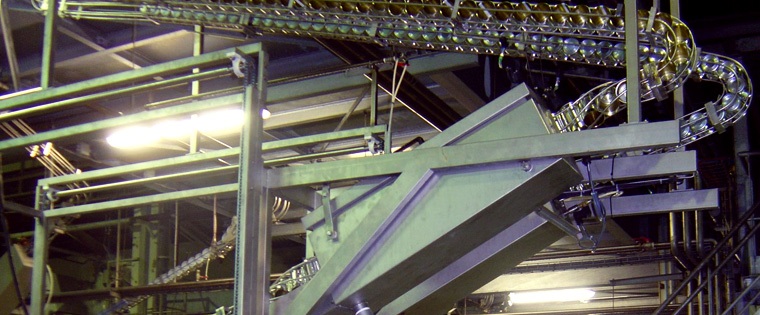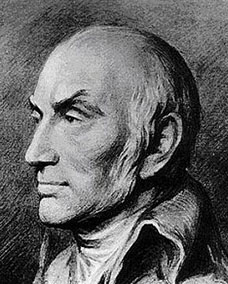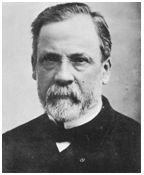Pasteurization is simply defined as the process of heating food during its production in order […]
Tag: pasteurization
NICOLAS APPERT (1749-1841)
Nicolas Appert, a French chef and a confectioner is the “father of canning”, and was […]
LOUIS PASTEUR (1822-1895)
Louis Pasteur, a French scientist was the first to report the role of microorganisms in […]




